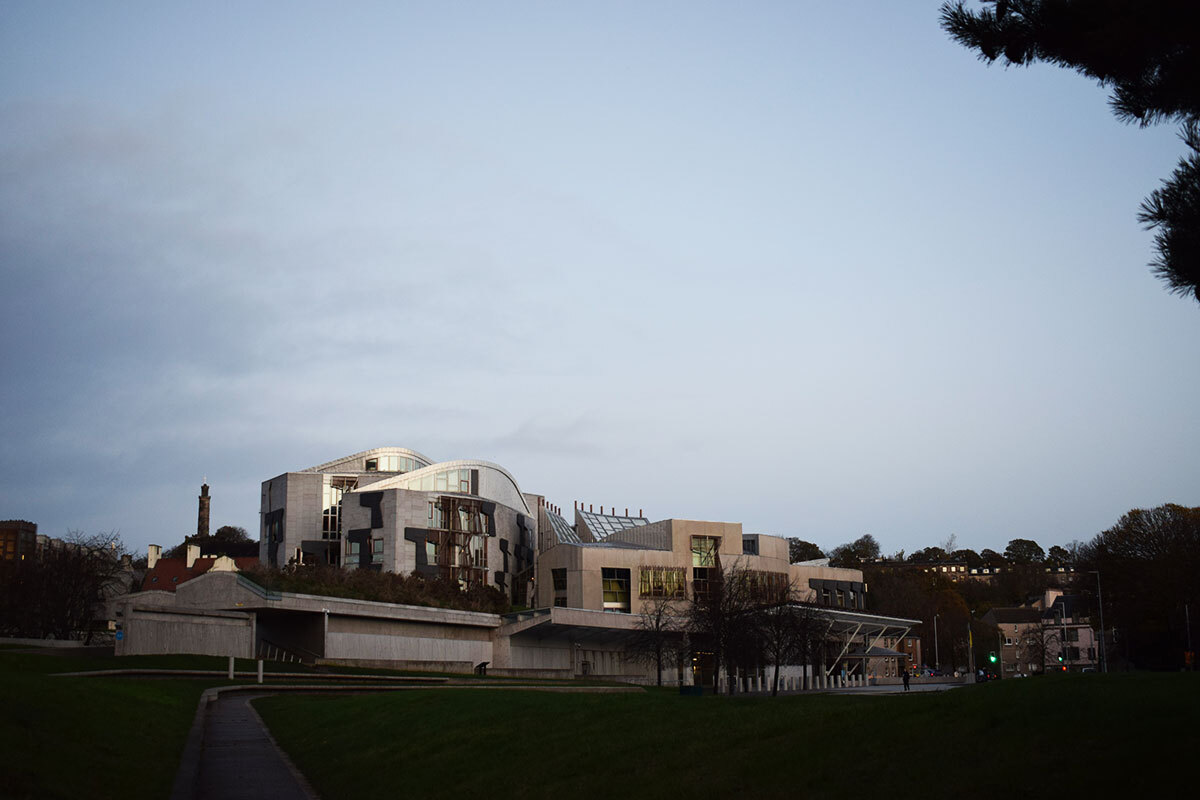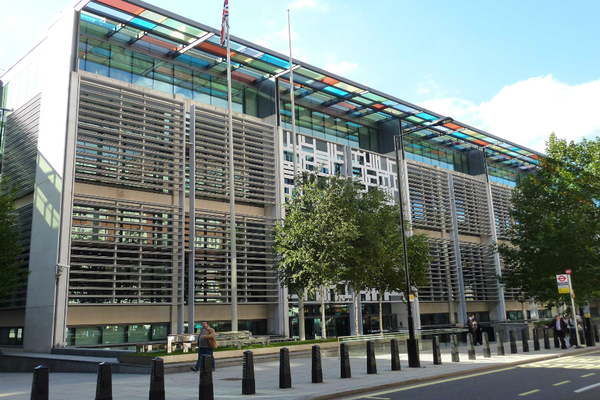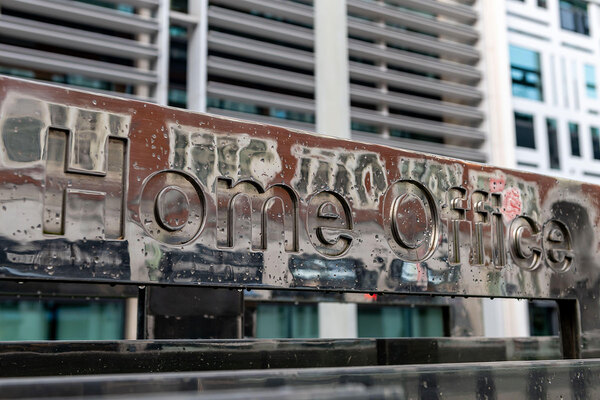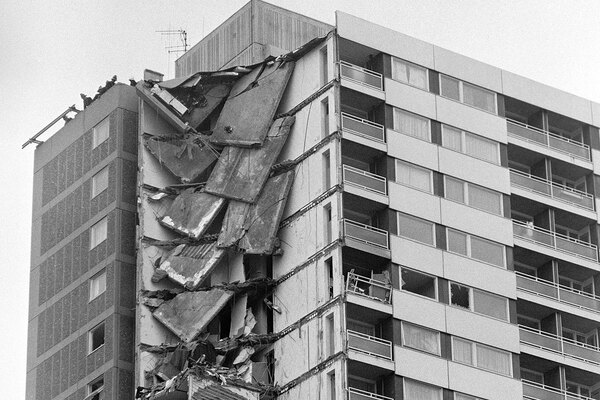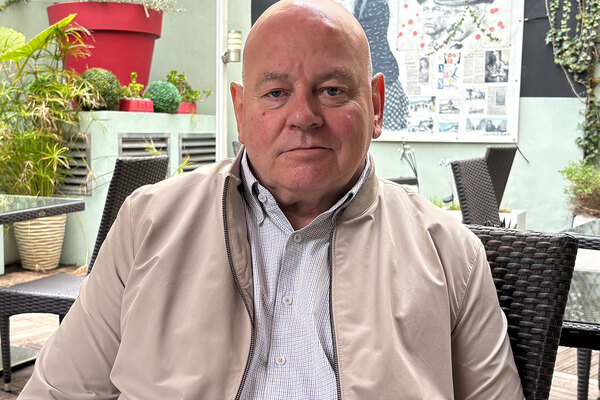Immigration policies ‘virtually guarantee’ destitution and homelessness for thousands in Scotland, study finds
Destitution and homelessness have been “virtually guaranteed” for thousands of people living long term in Scotland, thanks to the impact of “hostile” immigration policies, a study has found.
The research, based on a survey of 138 people with no recourse to public funds (NRPF) or other restricted eligibility (RE) for statutory support, found “virtually all” were experiencing homelessness (93%) or destitution (97%).
The study, which also carried out in-depth interviews with 30 people who had experienced NRPF or RE, and 17 professionals supporting the group, additionally uncovered poor physical and mental health, even relative to other disadvantaged groups.
“Experiences of trauma, violence, stigma, and discrimination were widespread,” said the report by academics from Heriot-Watt University and backed by the Joseph Rowntree Foundation.
Professor Beth Watts-Cobbe, one of its writers, said, “The level of need, deprivation, disadvantage and trauma experienced by those with no recourse to public funds or restricted eligibility amounts to a humanitarian crisis among a group often hidden from public view.
“It is time to stop passing the buck. Radical, urgent reforms are needed that prioritise people’s ability to access the essentials and live a dignified life.”
The new study called on all levels of government to make urgent changes to end what it describes as “destitution by design” – a term also used in a report by the All-Party Parliamentary Groups on poverty and migration earlier this year.
It said the UK government must change course around immigration policy, simplifying routes to settlement, and that the Scottish government should use “all devolved levers at its disposal” to mitigate the crisis.
NRPF is a condition placed on many migrants as part of their leave to remain in the UK – often if their application for asylum has been refused – which stops them from accessing housing or other welfare benefits.
Most respondents to the new survey had been living in Scotland for years or decades.
Two-thirds (66%) of the people surveyed, all of whom were accessing support via the Fair Way Scotland charity, were not permitted to work, severely limiting their ability to improve their circumstances.
The 15% of respondents who were permitted to, and seeking, work typically struggled to get a job because of health issues, homelessness and language barriers.
Illegal and exploitative work was commonplace, because of people’s lack of choice. Experience of forced work, where people are employed against their will, was reported by 14% of those surveyed over the past year.
No one who participated in the survey was in education or training, “largely reflecting barriers to accessing such opportunities for people with NRPF”, the report said.
People surveyed who were experiencing NRPF/RE were 33 times more likely to be deprived of food, and 69 times more likely to be deprived of clothing, than single people of working age in the general population.
Deborah Hay, a senior policy advisor for Scotland at the Joseph Rowntree Foundation, said it was “critical” the work of Fair Way Scotland was scaled up due to need, adding that such “mitigation programmes shouldn’t be necessary”.
“The Scottish government, independent funders, local authorities and housing associations must work together to reduce the harm caused by current immigration policy, by using every tool at their disposal,” she said.
“Public services and charities, stepping in to address appalling state neglect, are also bearing the preventable and costly brunt of those policies, and must be fully supported.”
Responding to the new research, Kaukab Stewart, the Scottish equalities minister, said her government would “continue to raise the impact the no recourse to public funds policy has” with its UK counterpart.
She added: “Nobody should be pushed into destitution. People who are subject to this policy are members of our communities and we should be able to support them at times of crisis.
“The Scottish government will continue to do all it can, within devolved powers, to protect communities and support people.
“We are working to influence the UK government on changes to the immigration system that meet Scotland’s distinct economic and demographic needs, reflecting our values as an open, welcoming nation.”
A Home Office spokesperson said: “The new government is committed to ensuring strong and important safeguards are in place for individuals who find themselves in the most challenging circumstances. This includes the ability to apply for the NRPF condition to be lifted.
“The NRPF restriction is designed to ensure managed immigration benefits the UK and taxpayer funds are protected.”
Sign up for our Scotland newsletter
Already have an account? Click here to manage your newsletters
